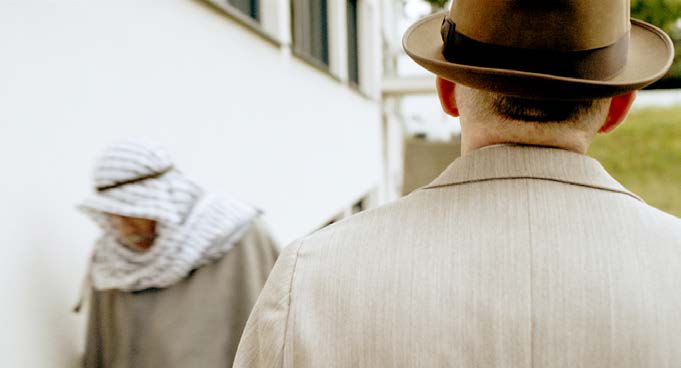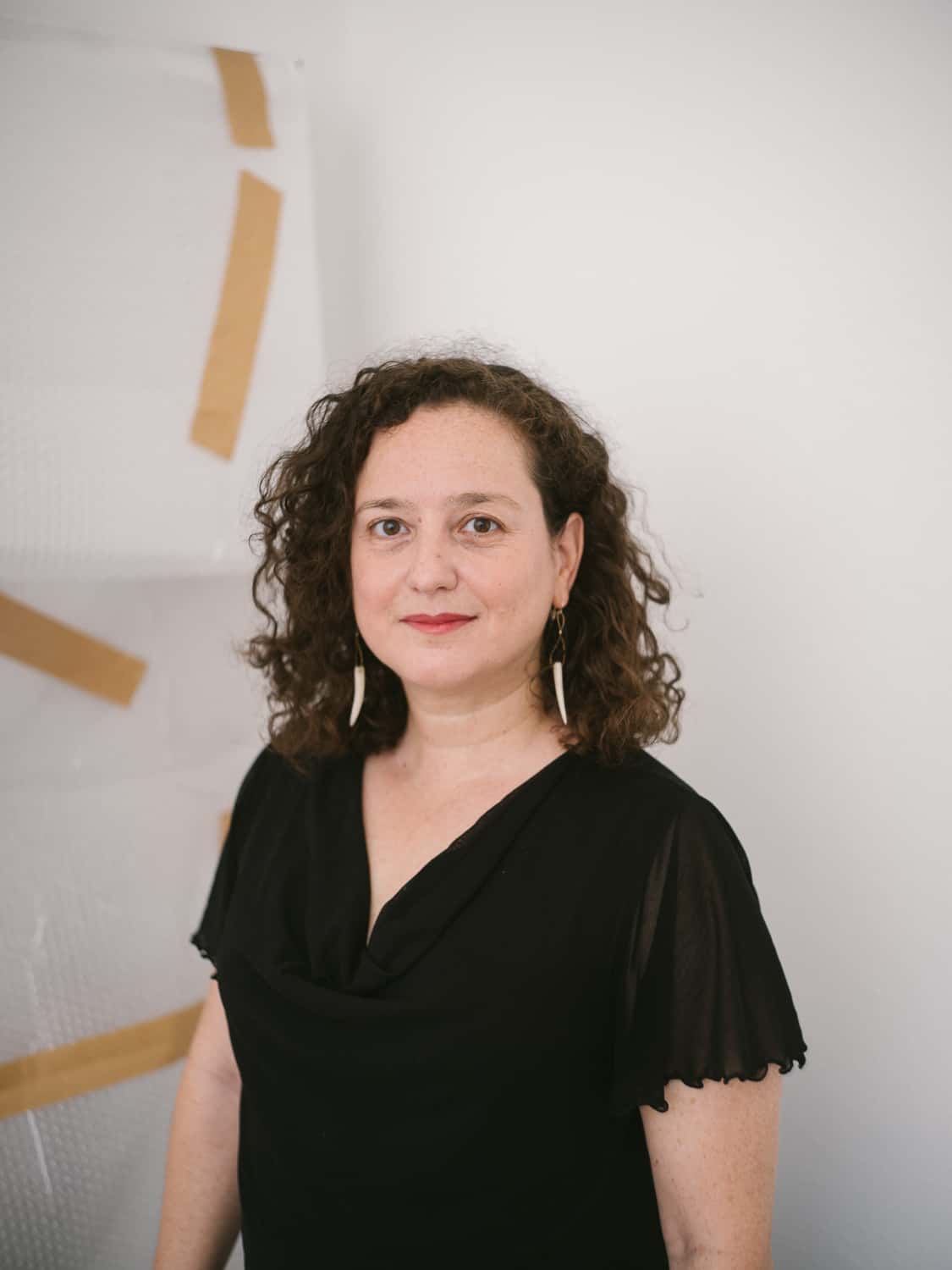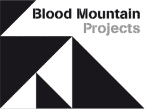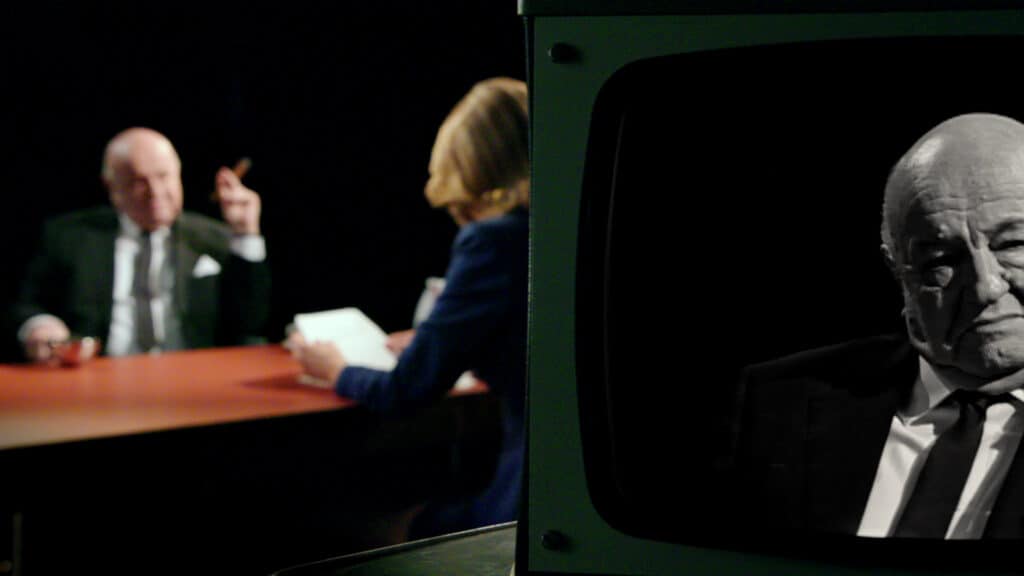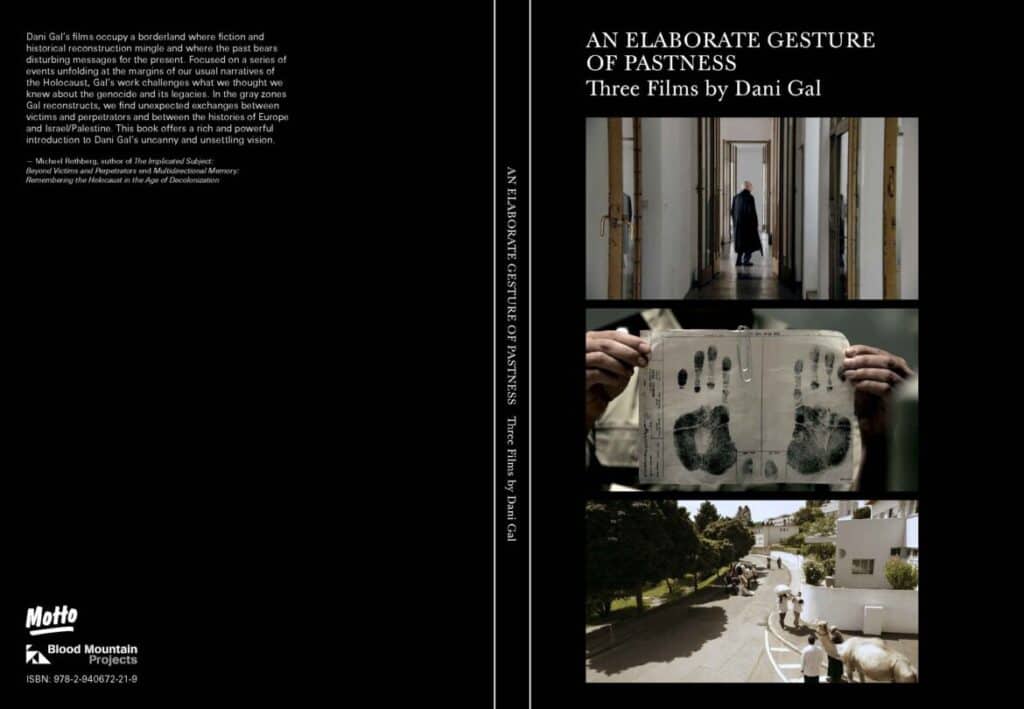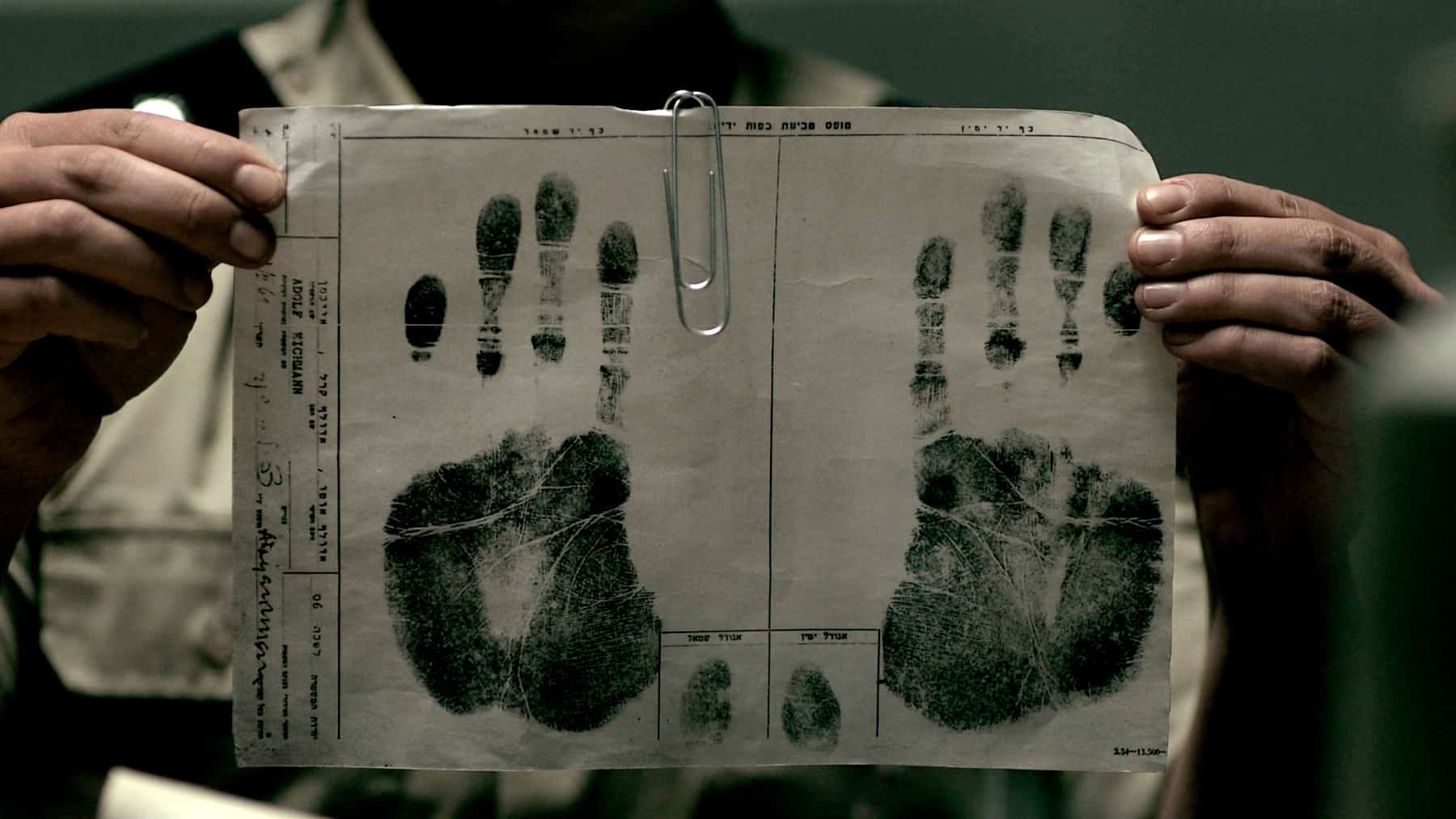Next – Project
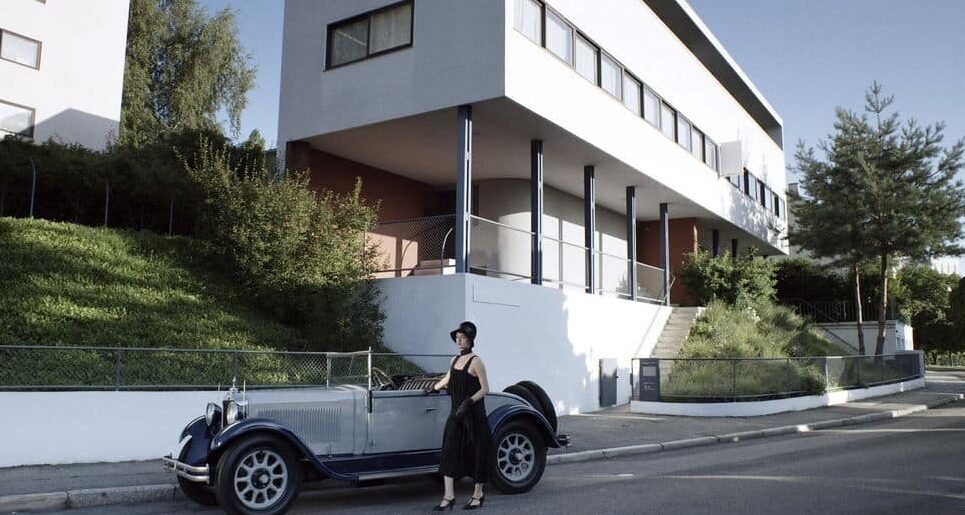
The Trilogy
Screening: 15 November 2019
Venue: Le Studio Film und Bühne, Studio Molière, Vienna
Format: Film screening followed by public discussion
Chairperson: Prof. Noit Banai, art historian and critic
Since 2011 Dani Gal utilises cinematic tools to illuminate the undocumented aspects of historical events: of what can be seen as the missing parts of the story. By staging what he terms the “blind spots” of historical knowledge, Gal questions the epistemological gaps between historical “truth” and the interpretation of events from a historical perspective. His research examines how history and memory hover between fact and fiction by navigating between recorded knowledge of events and subjective recollections of these events. The material he gleans points to a keen awareness of the problematic nature of any representation of real events and the process of inclusion and exclusion that goes into re-imagining the past.
This process resulted in three films that feature three historical narratives, each focussing on the complexities of historical accounts between so-called ‘victims’ and ‘perpetrators’ in the context of German–Jewish–Arab histories.
About the Films
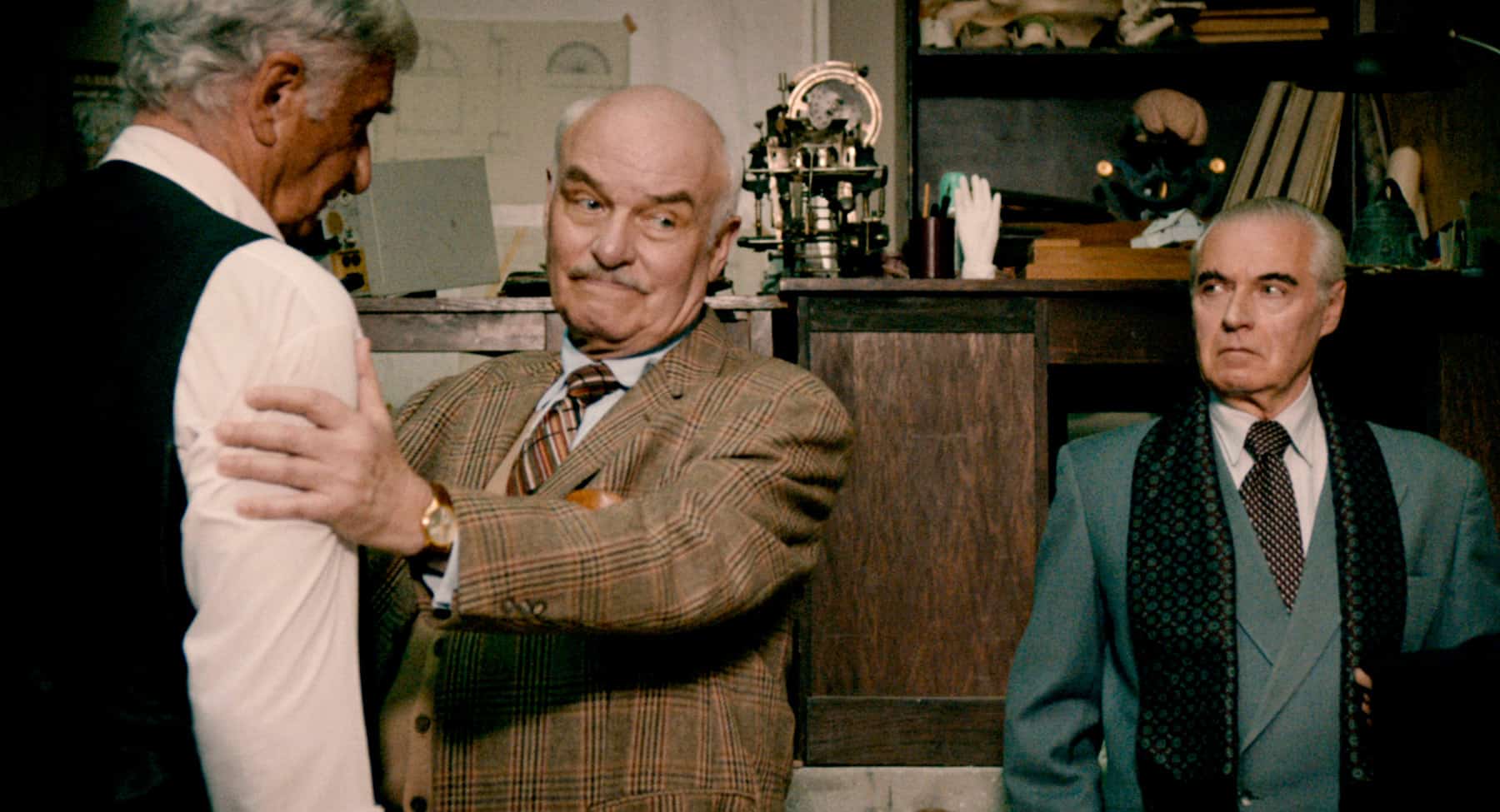
Night and Fog, 2011 (HD, 22 mins)
On April 11, 1961, the trial of Adolf Eichmann began. He was tried in an Israeli court and charged for committing crimes against humanity and war crimes. He was convicted and executed by hanging on 31st of May 1962. On a night, between the 31st of May and the 1st of June 1962, shortly after the execution and the cremation of the body, a group of police officers sailed on a boat 6 miles off the shore of Jaffa port. Their mission was to scatter Eichmann’s ashes into the international waters of the Mediterranean Sea. The purpose of this highly secret mission was to ensure that there could be no future memorial and that no nation would serve as his final resting place. Based on an interview Dani Gal made with Michael Goldman, a Holocaust survivor who was one of the policemen on the boat, the film re-enacts the scene of the group of policemen sailing on a dark foggy night with Eichmann’s ashes in a jug of milk.
Camera: Itay Marom
Production: Jonathan Dowek
With: Yaron Mottola, Moris Cohen and John Fulton
Commissioner: 54th Venice Biennale
As from Afar, 2013 (26 mins, HD)
This work is a fictionalised account of Simon Wiesenthal and Albert Speer’s meetings in post World War Two Vienna, with dialogue based on their real-life letters. Speer first wrote to Wiesenthal in 1974 after his release from prison in an effort to accept some responsibility for his war crimes. His public admission of his moral misconduct impressed Wiesenthal and they began a correspondence that lasted until the early 1980s. Despite their profoundly contrasting personal histories, they shared common interests: both were trained architects and successful authors. They pursued their unlikely friendship despite controversy and occasionally visited each other. Gal takes this unusual relationship as a starting point for a meditation on how historical events are recalled, recorded, and distorted.
Camera: Emre Erkmen
Production: Caroline Kirberg
White City, 2018 (25 mins, HD)
On August 16, 1933 Arthur Ruppin wrote the following entry in his diary:
“Through Dr. Georg Landauer I travelled to Jena on August 3rd to meet Prof. Hans F.K. Günther, the founder of National-Socialist race theory. The conversation lasted two hours. Günther was most congenial but refused to accept credit for coining the Aryan-concept, and agreed with me that the Jews are not inferior but different, and that the Jewish Question has to be solved justly.”
The film revolves around the complex character of Arthur Ruppin (1876-1943), one of the founders of the Zionist Settlement who promoted coexistence with the Palestinians before the establishment of the state of Israel. Ruppin was also an enthusiastic researcher of the science of race, which explains his motive in paying a visit to Hans F.K. Günther (1891-1968), the German race researcher and eugenicist who later became a major influence on National Socialist racial thought. The film shows Ruppin as he visits the Weissenhof Estate, a neighborhood in Stuttgart famous for its modern architecture style, and experiences flashbacks which reflect his views. The monologues and dialogues within this film are based mainly on Ruppin’s diaries.
Camera: Itay Marom
Production: Pong Film
About the Event
